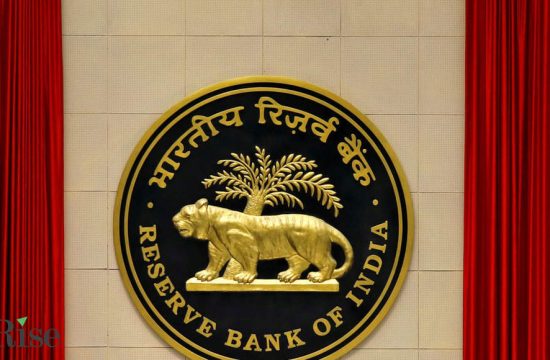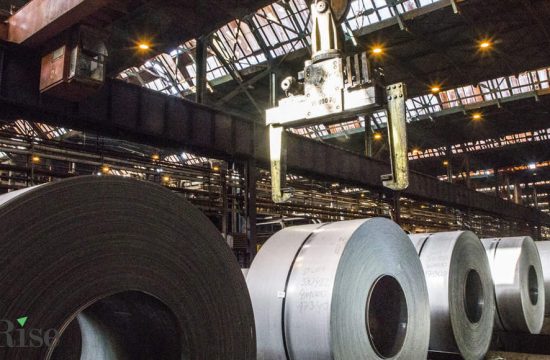Countering the threat posed by the Covid outbreak, 77% of Indian organisations have found innovation to be critical or important to their performance and resilience. Moreover, the pandemic has accelerated the evolution towards innovation, with companies in India maturing by 4% over the last six months, as per a recent Microsoft and IDC report.
The study introduced the culture of innovation framework, which spans the dimensions of people, process, data, and technology, to assess organisations’ approach to innovation. It surveyed 439 business decision makers and 438 workers in India within a 6-month period, before and since COVID-19. The India study was part of a broader survey among 3,312 business decision makers and 3,495 workers across 15 markets in the Asia Pacific region. Through the research, organisations’ maturity was mapped and organisations were grouped in four stages – traditionalist (stage 1), novice (stage 2), adaptor (stage 3) and leaders (stage 4).
Released on Tuesday, the India findings of the study ‘Culture of Innovation: Foundation for business resilience and economic recovery in Asia Pacific’ highlighted that a large majority of business decision makers agree that innovation is a necessity to staying resilient in a crisis.
The study revealed that the pandemic compelled a spirit of innovation to build resilience in the new normal. It also made innovation easier for organisations in the country, as per the findings. 64% of the respondents agreed that innovation had become easier in the post Covid era, as opposed to only 32.5% of Indian businesses prior to the pandemic.

“Innovation is no longer an option, but a necessity. We have seen how the recent crisis has spurred the need for transformation, for organizations to adapt and innovate in order to emerge stronger,†Rajiv Sodhi, COO, Microsoft India said while releasing the study findings.
Sodhi added that tech-led innovation has become very critical to the life cycle called respond, recover and reimagine. “Most of the companies which are innovation and technology led are reimagining how their processes are run. A culture of innovation is crucial to every organisation,†he said.
Increasing thrust on digital adoption
The thrust on digital adoption has been ramped up, with organisations focusing on increasing the percentage share of their revenue from digital products and services. 78% of the respondents have stated that they are speedily embracing digital capabilities. According to the study, businesses in India are aiming to increase their revenue from digital products and services from one third (36%) at present, to half (50%) in the next 3 years.
Such acceleration of technology, Sodhi highlighted, is happening across sectors, including the small and medium businesses. “The trend of adoption of Cloud had started prior to Covid itself which lowers the barrier to tech adoption. A lot of Cloud solutions come with easy to adopt trial features and their demand has scaled up in Covid. It is a function of both ease of tech adoption and the necessity of tech adoption which is driving such trends across all sectors,†he added.

Even the future plans have a focus on tech-led growth. Organisations in India (45%) indicated that they will focus on technology as most essential for business resilience and recovery. Some of the practices, the report said, will include developing a culture that promotes investing in disruptive technologies.
The other area of focus will be People. In the coming year, 18.5% businesses in India plan to focus on embracing risks and driving innovation through ongoing learning, and the right talent and skills.
Besides this, the study revealed the best practices that organisations can adopt to progress across people, technology, data and process. Fortifying resilience with technology, investing in people’s capabilities and skills, leveraging data to increase competitiveness and redesigning processes to continuously drive innovation were some of the recommendations from the study.
Microsoft is utilising its platforms and services to enable a culture of innovation among Indian enterprises across retail, IT/ITeS, and healthcare, among other sectors.










